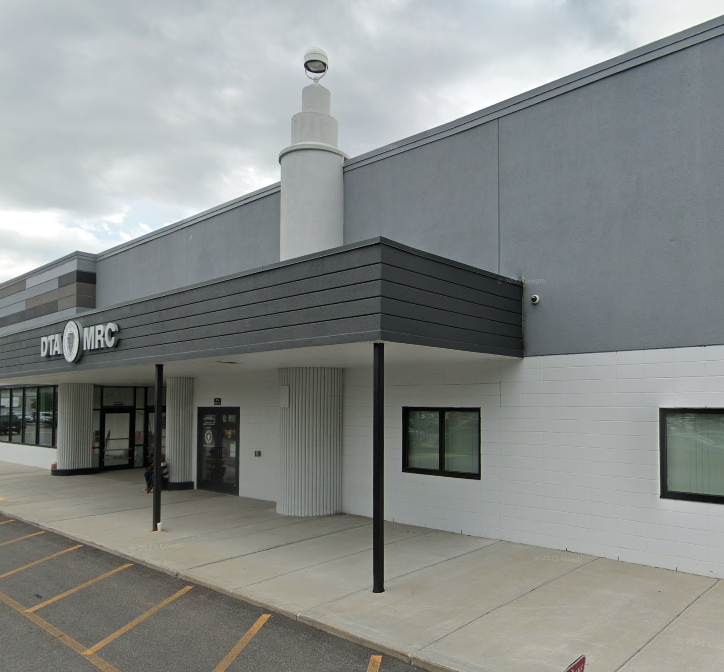The churn of Bay Staters departing the MassHealth rolls “quieted down considerably” in January, a top Healey administration official said Monday while forecasting smaller-scale changes in the tail end of the year-long redetermination campaign.
About 57,000 more people lost coverage from the combined Medicaid and Children’s Health Insurance Program system last month, offset by 21,000 who newly joined MassHealth and 23,000 who regained coverage less than a year after previously losing it.
That’s the smallest month-over-month decrease in membership since June, when the gargantuan effort to reassess the eligibility of 2.4 million people — the first such action since the COVID-19 pandemic hit — began to pick up steam.
Assistant Secretary for MassHealth Mike Levine said officials expected less action in January, the 10th month of the process, than in prior months that coincided with the open enrollment period for the state-run Health Connector marketplace.
“After some very steep declines in November and December that were related to the open enrollment period, things have quieted down considerably,” Levine said Monday. He called MassHealth’s caseload “relatively flat through the first month of the year.”
The net 13,000 drop in MassHealth membership in January is only about one-seventh as large as the decline originally reported in December, leaving the total caseload still hovering around 2.12 million.
About one-third of people who have left the rolls through the first 10 months of redetermination were found no longer eligible for MassHealth. The rest were removed because the state did not have enough information to conclude whether they still qualify for coverage.
Nationally, about 70 percent of Americans disenrolled from Medicaid during similar redetermination efforts in other states lost coverage due to “procedural reasons,” according to data tracked by KFF.
Massachusetts officials forecast at the start of the redetermination campaign that MassHealth membership would drop by 300,000 to 400,000 people by the time the process is done, freeing up $1.9 billion in state funding appropriated elsewhere this fiscal year.
So far, the net change in caseload is a decline of about 280,000 people, and officials said Monday the state is on track to meet the original forecasts.
“From here on out, I do expect our caseload to continue declining,” Levine said. “There are still people whose eligibility we’ve been protecting [during the pandemic] who we need to renew, many of whom may lose coverage. But we expect a steadier decline throughout the remainder of the redeterminations process.”
But Levine also said Bay Staters who have yet to have their MassHealth eligibility reassessed are more likely to maintain coverage than those who have already gone through the process. He attributed that to the recently completed Health Connector open enrollment period and to the kinds of people targeted earlier in the redetermination.
“Most of the MassHealth members that we have left to renew, we’ve renewed in the last 12 months, or they’ve applied in the last 12 months,” Levine said. “We just know from our experience at this point that those individuals are much more likely to renew.”
Officials now expect MassHealth’s total membership to settle at a higher level after redetermination than it was before the COVID-19 pandemic. Levine said the long-term fiscal implications of that trend are not yet clear.
“It’s not just about how many people are on the MassHealth caseload, but really who is on the MassHealth caseload, how much health care do they use and how much federal match can we get for supporting the cost of their services,” he said. “It is a little premature to say in the out years, this is going to add a certain amount of cost or maybe a certain amount of savings if we have more people who, let’s say, have lower-cost health care needs.”

